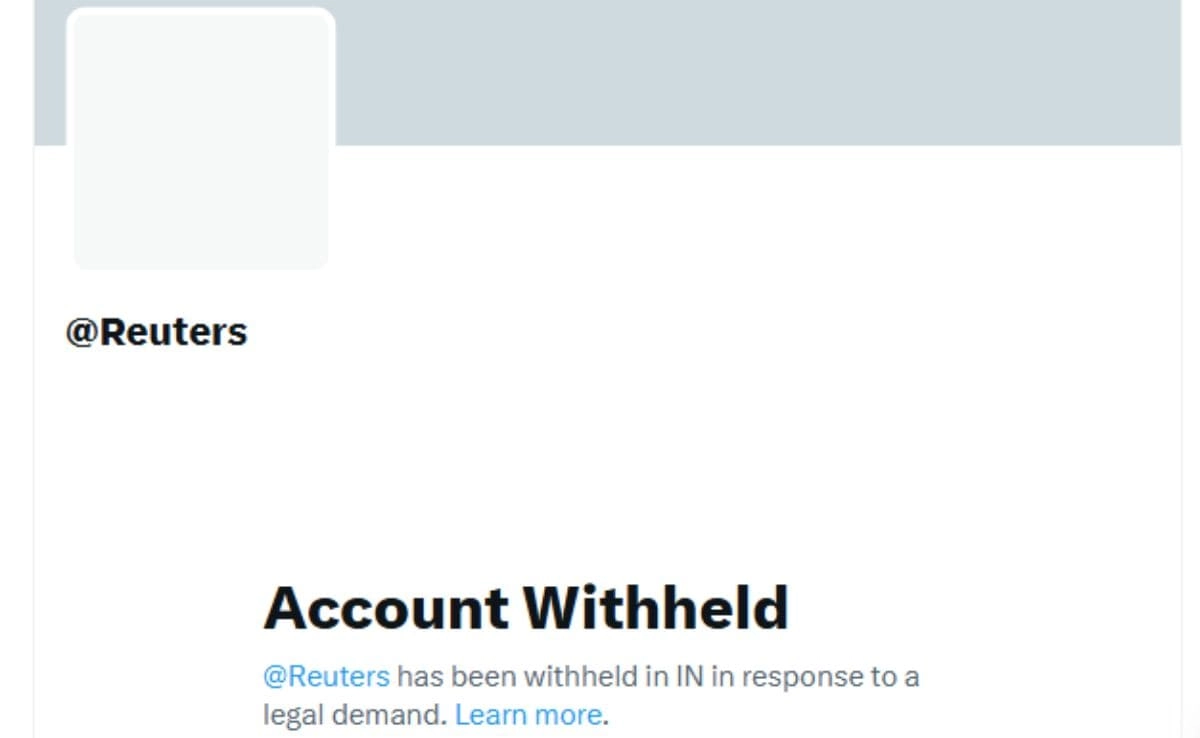The ongoing tensions between India and Pakistan have long been a focal point of international diplomacy, and recently, the United States has reiterated its commitment to playing a role in de-escalating the situation. This assertion comes amid rising concerns over military skirmishes and political rhetoric that threaten to escalate into larger conflicts. The U.S. has historically positioned itself as a mediator in South Asian affairs, leveraging its influence to foster dialogue and promote peace between the two nuclear-armed neighbors. The Biden administration’s renewed emphasis on this role reflects a strategic interest not only in regional stability but also in countering external influences, particularly from China, which has been deepening its partnerships with both nations.
In response to the U.S.’s claims, India’s government has maintained a cautious stance, emphasizing its sovereignty and the need for bilateral dialogue rather than external mediation. Indian officials have repeatedly emphasized that any discussions regarding peace and security in the region must be conducted directly with Pakistan, highlighting a preference for self-determination in addressing their longstanding issues. India’s position is rooted in its historical experiences, where it has often viewed external intervention as a complicating factor rather than a solution. The Indian leadership underscores the importance of addressing cross-border terrorism and ensuring that Pakistan takes credible actions against groups that threaten India’s security.
While the U.S. aims to facilitate dialogue, India’s response indicates a firm commitment to its principles of engagement. The Indian government has articulated that it is willing to engage in dialogue with Pakistan, but only under conditions that prioritize national security and address the core issues of terrorism and regional stability. This nuanced position illustrates India’s approach to diplomacy, balancing international expectations with its own strategic imperatives. As the geopolitical landscape continues to evolve, the dynamics between the U.S., India, and Pakistan will be closely observed, particularly in the context of China’s growing influence and the shifting alliances in South Asia.
In conclusion, the U.S.’s claim of a mediating role in India-Pakistan relations highlights the complexities of international diplomacy in the region. India’s steadfast response reflects its commitment to sovereignty and national security, asserting that any resolution must come from direct negotiations with Pakistan. As both nations navigate their historical grievances and contemporary challenges, the role of external actors like the U.S. will continue to be a delicate balancing act. The path to de-escalation remains fraught with challenges, but dialogue and mutual understanding are essential for fostering long-term peace and stability in South Asia.




